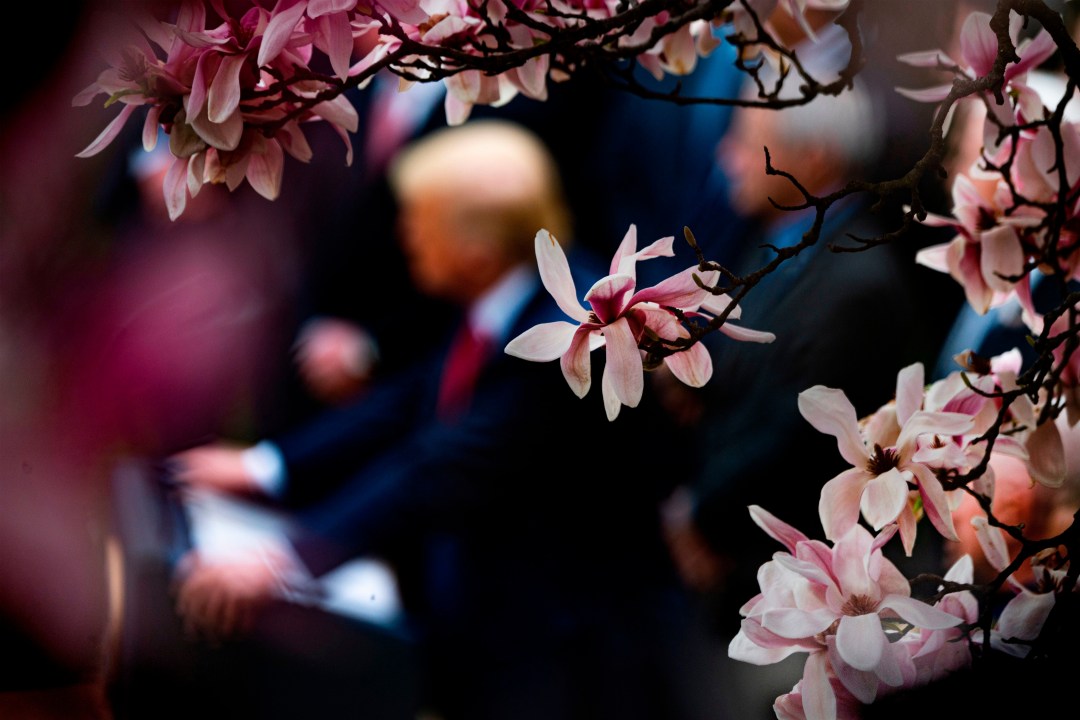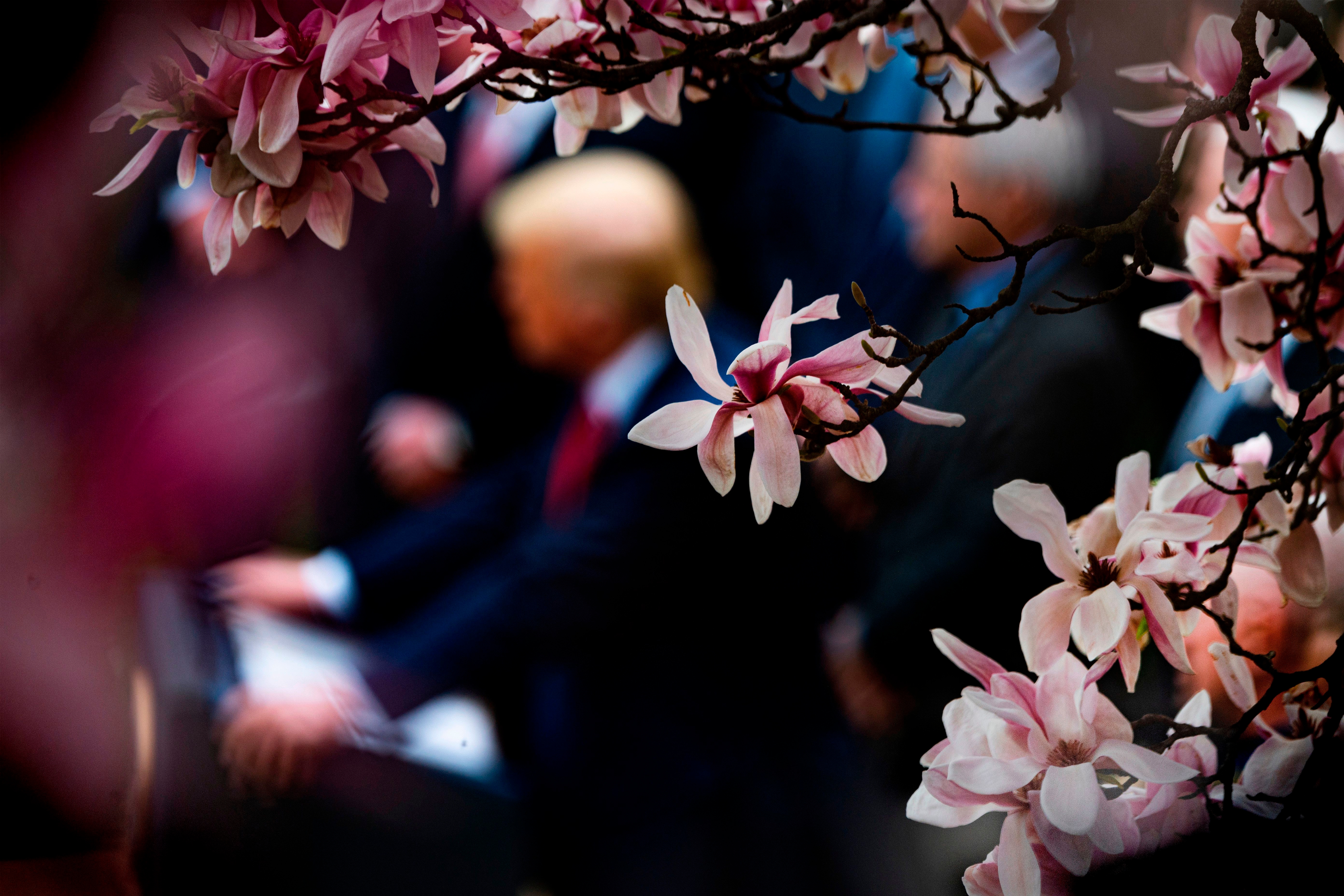The coronavirus is altering American life as we have never seen before. New York City’s restaurants and bars can now only offer take-out and delivery service. Night clubs, movie theatres, and gyms in Los Angeles are closed until further notice. The same orders are being issued by the authorities in Chicago and Washington, DC. The Centers for Disease Control have recommended Americans cancel any social gatherings of more than 50 people over the next eight weeks, a measure that will hit social butterflies across the nation hard. Dr Anthony Fauci, a leading authority on infectious diseases and a member of the Trump administration’s coronavirus task force, would like far more self-isolation from individuals than he’s seeing to date.
Through it all, President Donald Trump’s strategy for managing and mitigating this public health crisis has been a combination of ad hoc bridge measures meant to convince the American people that he is doing something about the problem alongside public relations messaging to protect himself from accusations of indecisive leadership. To his credit, Trump has gone from downplaying the pandemic a week ago to advising Americans to take the virus seriously. Last Friday, Trump held a press conference at the White House and declared a national emergency, which freed up $50 billion to a health care community desperately in need of additional resources in the face of a disease that is spreading like wildfire. He announced a public-private partnership with America’s leading companies, including Walmart, Roche, and Google, to increase coordination on the response effort, get more testing kits in more places across the US and ensure that any American who needs a test can access one easily. And on Monday, the President encouraged Americans to avoid rooms with 10 or more people, including so many of the public spaces where young people congregate. The President speculated that certain ‘hot spots’ in the country may need to shut down completely.
As with everything Trump does, it’s all about politics
The problem, of course, is that all of these measures could have taken place weeks earlier, when health professionals, doctors, and researchers were raising the alarm on a virus that first swarmed Washington State before travelling to nearly every state in the American republic. As of today, over 3,500 cases of coronavirus have been detected. 65 people have died. The federal government response in total has been woefully insufficient, something Trump’s own former homeland security adviser admitted on national television.
Unfortunately, everything is related. When things are going fine, the financial markets tend to respond positively. But when the administration is floundering, makes bad decisions during a crisis, or is simply seen by investors as unprepared or overwhelmed, the selling begins. Wall Street is as emotional as a jealous boyfriend. Traders are conservative by nature and are spooked by the smallest sign of trouble. And they have certainly found it with the coronavirus. The Dow Jones closed on Monday with a nearly 3,000 point drop, a 13.2 per cent dip that produced the single worst day in the history of the stock exchange since Black Monday in October 1987. Stocks will eventually recover, but the administration hasn’t given the markets much reassurance. The Federal Reserve is stepping in and lowering interest rates to near zero in the hope that the US economy will stabilise and small businesses will continue to borrow.
The virus now consuming American life is Trump’s first real crisis. Compared to the coronavirus outbreak, everything else — the Robert Mueller investigation, the violence in Charlottesville. impeachment, the 30-day government shutdown over immigration policy, tensions with Iran, the general tumult within his administration — has all been small potatoes.
This isn’t about battling Democrats over a wall on the US-Mexico border or going to war with the US intelligence community about Russian interference in the 2016 presidential election. It is about keeping the American people safe from a highly contagious virus that impacts the most vulnerable members of society. It’s deadly serious business. And so far, the President’s response has been geared towards selling himself to the American public as the President the country needs, marketing his abilities in the most generous terms possible during an election year. As with everything Trump does, it’s all about politics.
After this health catastrophe is over — whenever it’s over — the already cavernous divide between Americans and their government will grow wider still.







Comments